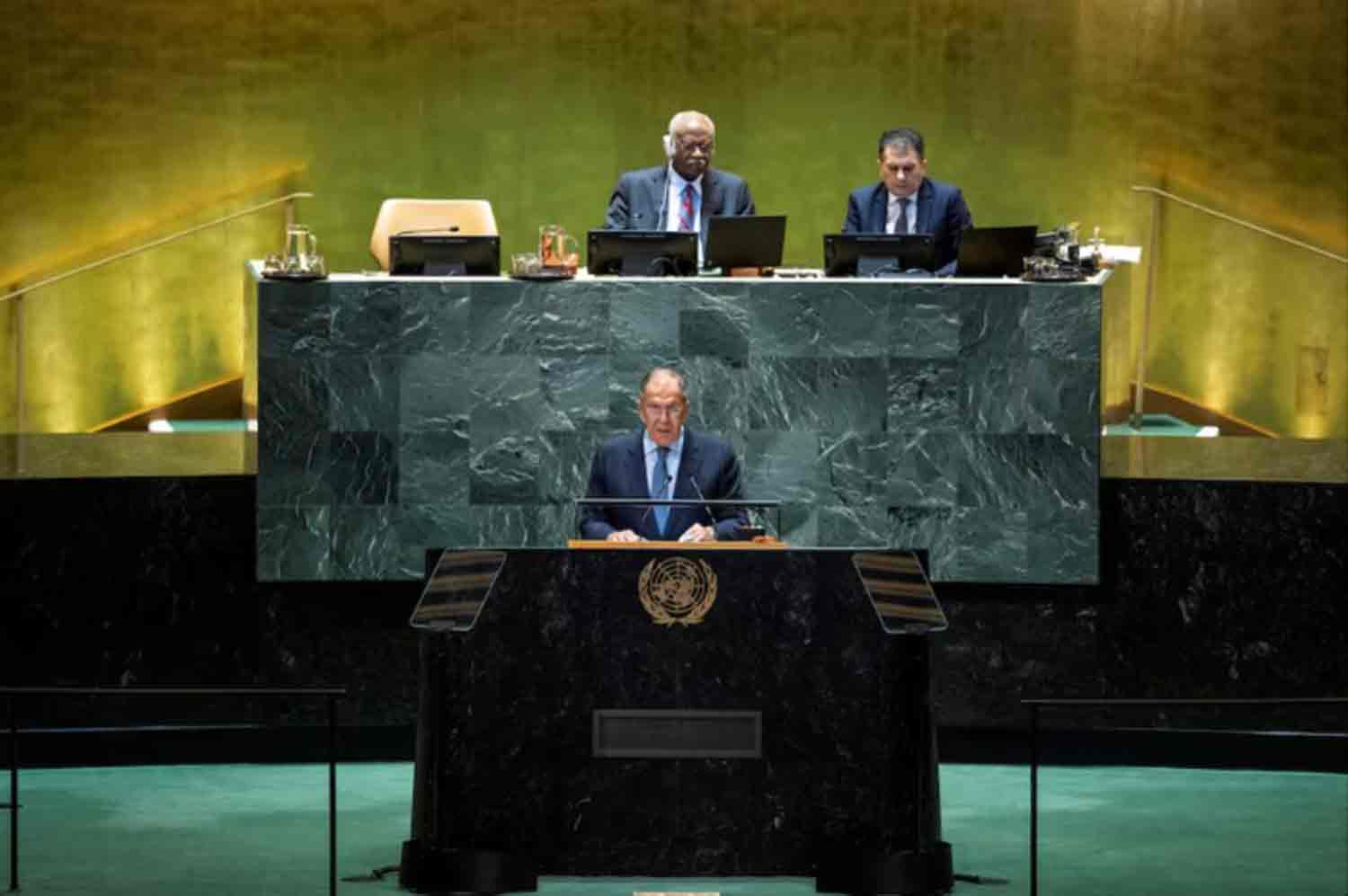President-elect Donald Trump‘s team is exploring the possibility of initiating direct discussions with North Korean leader Kim Jong Un, aiming to reduce the potential for military conflict through renewed diplomatic efforts, as reported by two individuals familiar with the situation.
Members of Trump’s team believe that a direct engagement from Trump could effectively leverage the existing relationship, which has seen both leaders exchange insults and what Trump referred to as “beautiful” letters during an unprecedented diplomatic initiative in his first term. This approach is viewed as the most promising way to establish rapport with Kim after years of tension, according to the sources.
The discussions regarding policy are ongoing, and no definitive decisions have been reached by the president-elect, the sources indicated. Trump’s transition team has not provided any comments on the matter.
It remains uncertain what concessions Kim might extend to Trump. The North Korean leadership previously dismissed four years of outreach from U.S. President Joe Biden aimed at initiating talks without preconditions. Kim appears to be fortified by an enhanced missile arsenal and a strengthened alliance with Russia.
In a recent address at a military exhibition in Pyongyang, Kim stated, “We have already gone as far as we can on negotiating with the United States,” as reported by state media.
During his presidency from 2017 to 2021, Trump engaged in three summits with Kim in Singapore, Hanoi, and at the Korean border, marking the first occasion a sitting U.S. president visited North Korea.
Despite the high-profile diplomacy, the meetings did not yield tangible outcomes, even as Trump characterized their interactions as falling “in love.” The U.S. has insisted on North Korea’s denuclearization, while Kim has sought complete relief from sanctions, subsequently issuing new threats.
The outcome of a new diplomatic initiative remains uncertain. Initially, Trump aims to restore fundamental engagement, but specific policy objectives or a detailed timeline have yet to be established, according to sources. Additionally, this issue may be overshadowed by more urgent foreign policy challenges in the Middle East and Ukraine, as noted by an individual familiar with the transition’s perspective.
North Korean state media have not acknowledged Trump’s re-election, while Kim recently stated that the United States is escalating tensions and provocations, heightening the risk of nuclear conflict.
Trump and some of his associates left office believing that a direct approach was the most effective way for Washington to influence actions north of the demilitarized zone, which has separated the Korean Peninsula for seventy years. The Korean War was never formally concluded, despite the cessation of hostilities.
On Friday, Trump appointed Alex Wong, a former State Department official who played a key role in the initial North Korea strategy, as his deputy national security adviser. “As Deputy Special Representative for North Korea, he assisted in negotiating my summit with North Korean Leader, Kim Jong Un,” Trump stated.
ESCALATING TENSIONS
As Trump returns to the White House in January, he faces a more volatile situation with Kim, reminiscent of his first term in 2017, a scenario that allies anticipate he will address directly.
“My experience with President Trump suggests he is more inclined to pursue direct engagement,” remarked U.S. Senator Bill Hagerty, a Trump supporter, in a recent interview with Reuters. “I am hopeful that we can witness an improvement in relations and possibly a shift in Kim Jong Un’s stance if dialogue is resumed.”
Washington has a range of concerns regarding North Korea’s expanding nuclear arsenal and missile capabilities, its increasingly aggressive rhetoric towards South Korea, and its close ties with Russian President Vladimir Putin.
The Biden administration is expected to address several key topics during transition briefings for Trump aides, as indicated by a U.S. official. However, the Trump team has not yet finalized transition agreements, which may restrict the breadth of these discussions. The White House has not provided any comments on this matter.
A significant concern in Washington is the potential for enhanced collaboration between Russia and North Korea regarding nuclear or missile technology, as well as the possibility of thousands of North Korean troops being deployed to Russia to assist in the conflict in Ukraine.
On Monday, Reuters reported that North Korea is expanding a critical weapons manufacturing facility that produces a specific type of short-range missile utilized by Russia in Ukraine, based on satellite imagery analyzed by researchers from a U.S.-based think tank.
U.S. officials have expressed that these developments heighten the risk of conflict involving multiple nuclear-armed nations in Europe or Asia, including the United States and its allies, such as South Korea and Japan.
American military forces are stationed throughout the region to deter North Korean aggression, and Trump has emphasized the need for U.S. allies to contribute more financially to these deployments.
During his final meeting with Chinese President Xi Jinping earlier this month in Peru, Biden urged China to leverage its influence to manage North Korea’s actions.
However, the potential for collaboration between China and the U.S. may be constrained, as Trump has pledged significant tariffs on Chinese imports and is surrounding himself with advisors who take a hardline stance on China, including Marco Rubio as secretary of state and Representative Mike Waltz as national security adviser.
Last month, Trump claimed that the two nations were on the brink of “a nuclear war with millions of people killed,” but he asserted that he had averted it due to his relationship with North Korea’s leader.
Discover more from Defence Talks | Defense News Hub, Military Updates, Security Insights
Subscribe to get the latest posts sent to your email.





